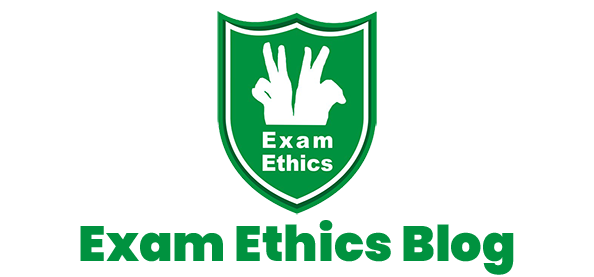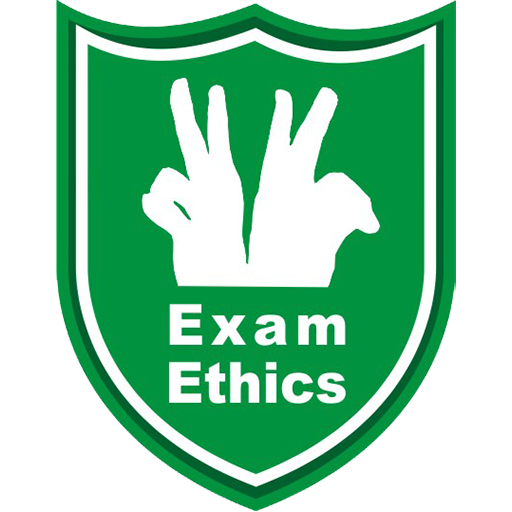This article is culled from The Excel Guidebook for Students: how to excel in exams, based on ethics compliant principles (Fourth Edition). The Excel Guidebook for Students is published by Exam Ethics Marshal International
You are not allowed to leave the exam hall.
You are not allowed to leave the examination hall while the examination is in progress. Even when you have genuine reasons to leave the hall, you are not allowed to leave in the first 30 minutes or in the last 15 minutes of the exam. Candidates who request permission to ease themselves during exams immediately come under serious suspicion. This is why students are advised to be careful with what they eat on the eve and on the morning of examinations.
You are under constant observation.
Whenever you leave the exam hall, when the exam is in progress, you must be under the constant observation of an authorized supervisor or invigilator. Where the period of your absence is not supervised by an authorized officer, you may not be allowed to return.
Submission of answer script.
Where you have no intention of coming back to the examination hall after leaving before the end of the exam, you are required to submit your answer script to the invigilator. Do not refuse or fail to submit your script at the end of the exam.
You are not allowed to remove exam materials from the hall.
Except for printed questions given to you, you are not allowed to remove from the hall any other materials including unused answer booklets and sheets.
You must stop writing at the allotted time.
You must stop writing at the end of allotted time and as directed by the invigilator. If you finish before the end of the allotted time, hand over your script to the invigilator and leave the hall quietly. However, you may not be allowed to leave the hall before the expiration of one hour from the beginning of the exam unless the duration of the exam is less than two hours.
Snatching and stealing of other candidates scripts are forbidden.
Snatching or stealing of other candidates scripts, conversion of scripts or substituting of prepared scripts during or after exam are forbidden.
Collusion with exam officials or candidates is not allowed.
Do not collude with another candidate, invigilator, or any other person with intension to improve your performance in the exam.
Impersonation is not allowed.
Never impersonate or allow yourself to be impersonated. Never use a false name or another candidate’s number. Do not sit for any exam for another candidate or engage another person to sit for any examination for you.
You are not allowed to insult or assault exam officers.
Never insult or assault supervisors, invigilators or monitoring officers within and outside the examination venue when they are engaged in the lawful performance of their duties.
Weapons are not allowed in exam halls.
Do not enter the examination hall with any dangerous weapon like gun, axe, dagger, etc.
Fore Knowledge.
Never seek to obtain fore-knowledge of the examination paper before the exam. Do not offer financial, material or sexual inducement for examination questions to be leaked to you before the date of the exam.
Illegal materials must be surrendered.
If you are caught with illegal material in the examination hall, do not refuse to surrender the materials to the invigilator or supervisor. Do not attempt to destroy the materials.
You are not allowed to write answers on your body or materials.
Do not write solutions to problems on any part of your body or store answers to questions in calculators, GSM telephones or other electronic devices.
Smuggling answer scripts into exam halls is not allowed.
Do not attempt to smuggle questions or answer script from the examination hall or enter the hall with prepared answer scripts or materials relevant to the examination.
Members of uniformed services are not allowed to sit for exams wearing their uniforms.
If you are a member of uniformed service, you are not allowed to sit for any public examination wearing your uniform as it amounts to intimidation of examination officials.
Sickness or adverse circumstances
If, during the examination, your continued participation in the exam is affected by adverse circumstances like sickness or accident, report immediately to the supervisor with relevant medical papers.
You must obey summons.
If you are in higher institution, do not refuse or fail to appear before the examination committee if and when you are invited to do so.









